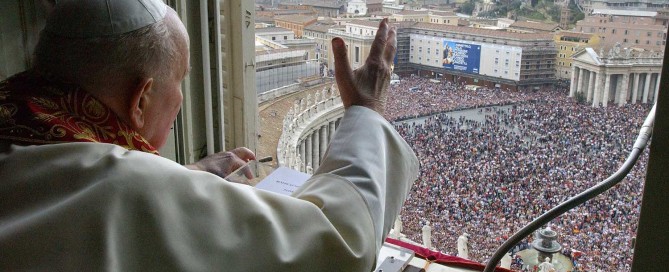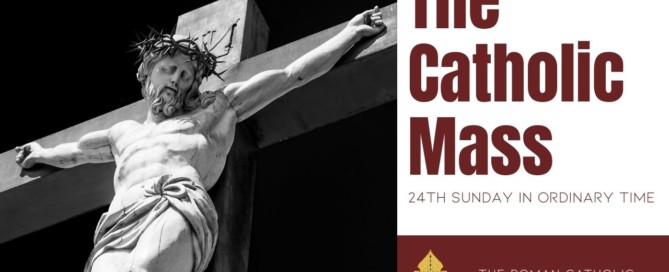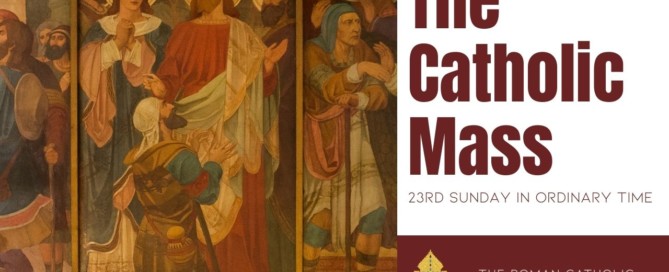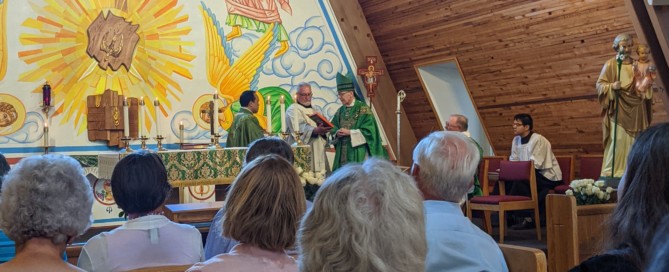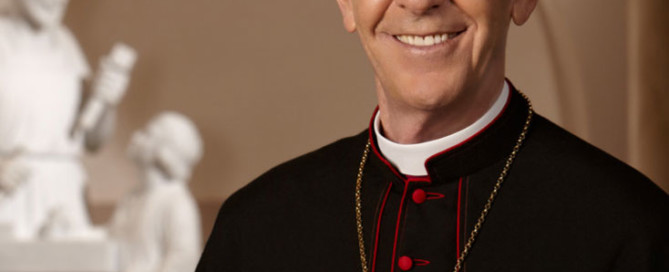Welcome to Our New Website!
Coming Soon!
New content coming soon! Stay tuned…
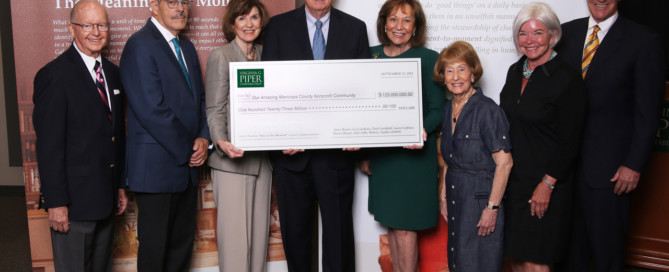 Virginia G. Piper Charitable Trust Awards $123 Million in Surprise Grants to 71 Nonprofits — the Largest Single-Day Grant Initiative in Arizona History Gallery
Virginia G. Piper Charitable Trust Awards $123 Million in Surprise Grants to 71 Nonprofits — the Largest Single-Day Grant Initiative in Arizona History GalleryVirginia G. Piper Charitable Trust Awards $123 Million in Surprise Grants to 71 Nonprofits — the Largest Single-Day Grant Initiative in Arizona History
Virginia G. Piper Charitable Trust Awards $123 Million in Surprise Grants to 71 Nonprofits — the Largest Single-Day Grant Initiative in Arizona History
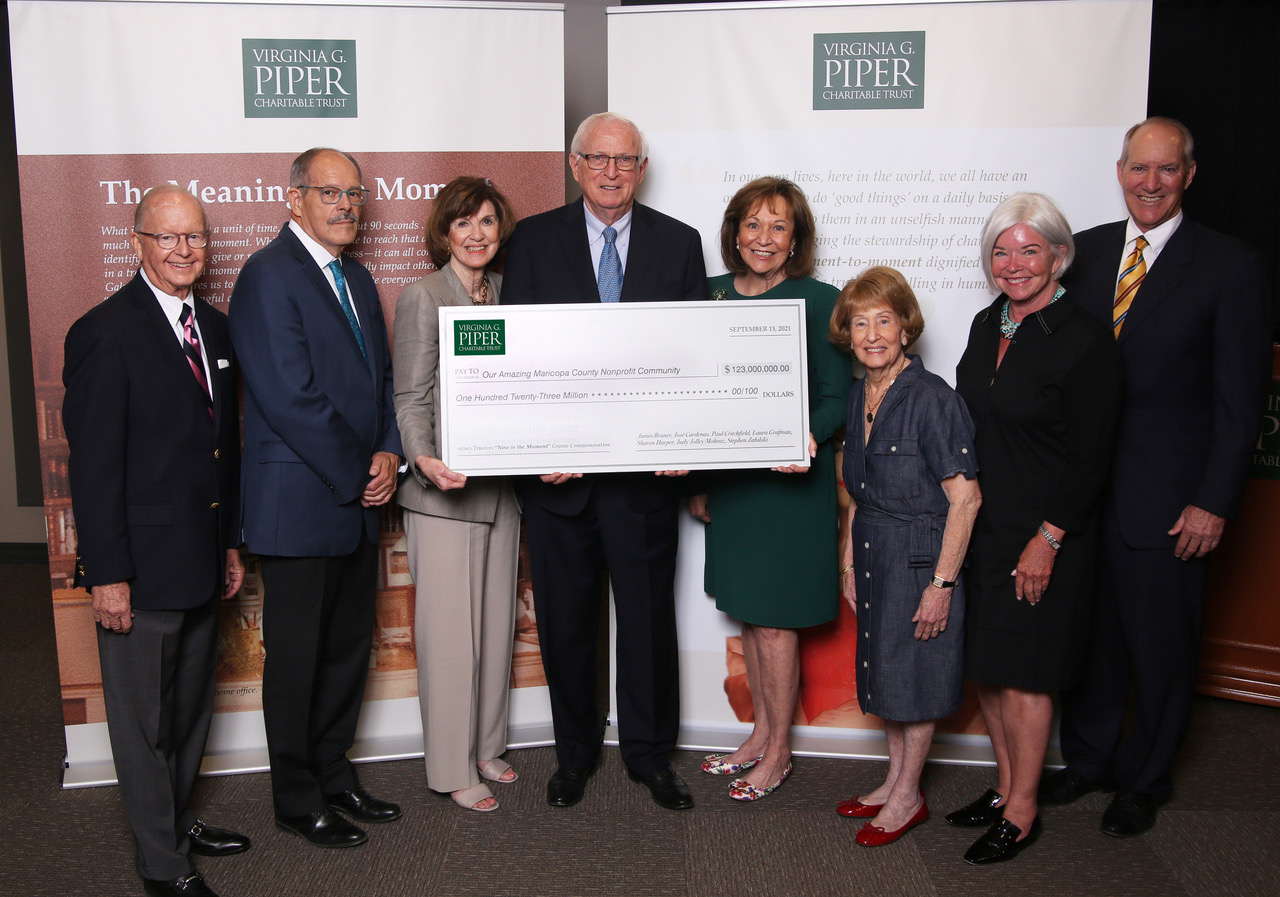
Trustees and CEO of Virginia G. Piper Charitable Trust award $123 million in surprise grants to Maricopa County nonprofits—a philanthropic milestone in Arizona’s history. From left: Paul Critchfield, José Cárdenas, Judy Jolley Mohraz, Jim Bruner, Sharon Harper, Laura Grafman, Mary Jane Rynd (CEO), and Steve Zabilski.
Virginia G. Piper Charitable Trust Awards $123 Million in Surprise Grants to 71 Nonprofits — the Largest Single-Day Grant Initiative in Arizona History
PHOENIX, Ariz. (September 13, 2021) — Trustees of Virginia G. Piper Charitable Trust today awarded a total of $123 million in surprise grants to 71 Arizona nonprofits — the largest single-day grant initiative in Arizona’s history.
The grants were presented to the 71 awardees throughout the day on September 13, 2021 — as a complete surprise. Trustees personally met with the CEOs and Board Chairs of the 71 organizations to thank them for their leadership and work and provide significant capital through grants that will give them strength and runway to help secure their futures.
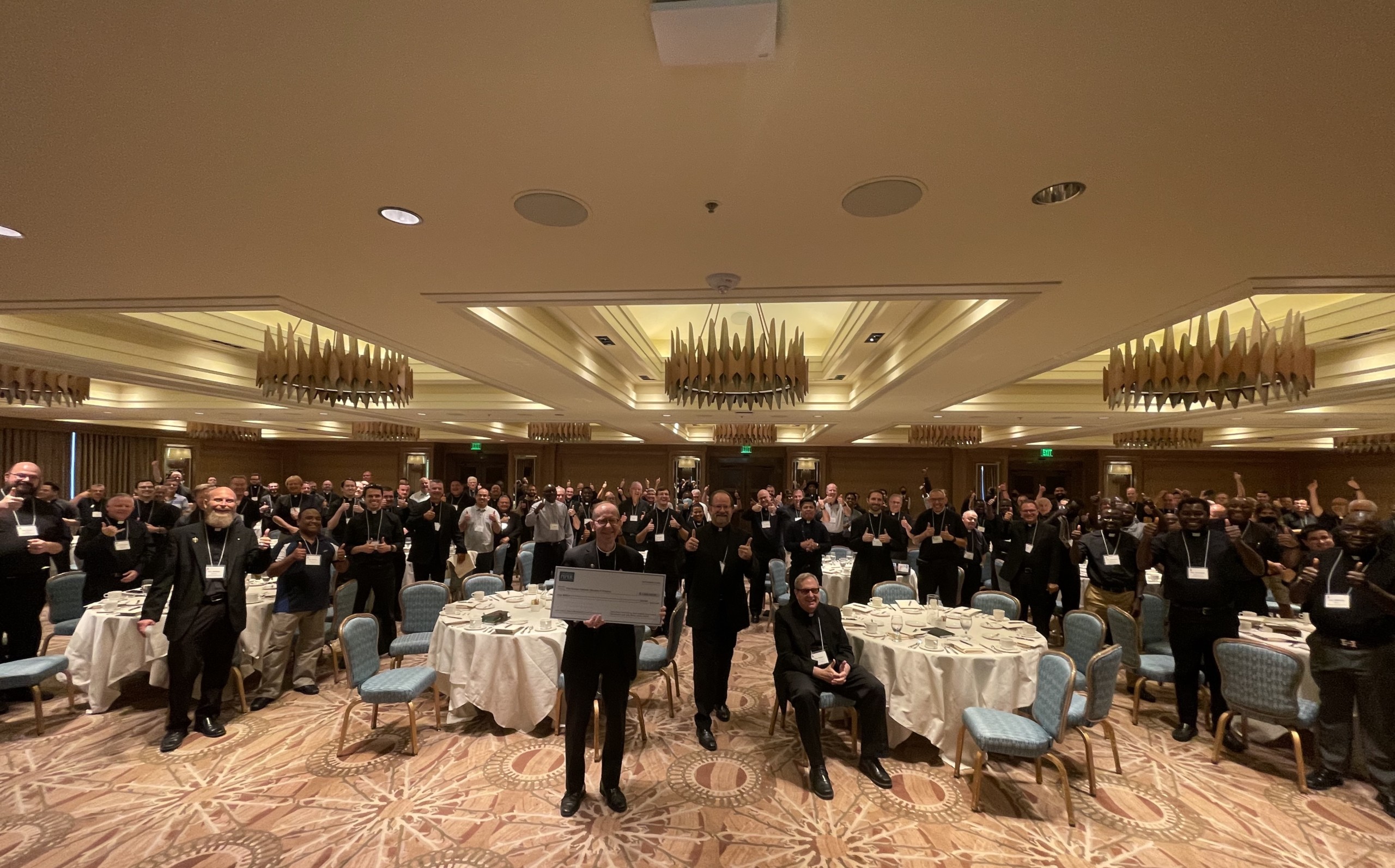
“Bishop Olmsted and the Diocese of Phoenix are grateful to God and Trustees of Virginia G. Piper Charitable Trust for the Now is the Moment Grants Commemoration. The Trustees initiative provides an immediate and loving impact for Catholic charities and human services, high schools and higher education, and our greater community as a whole. On behalf of the community we wish to express our deep, heartfelt gratitude for this transformational and visionary gift.”
Teaching Tough Truths
Teaching Tough Truths
September 12, 2021
Following is the prepared text from Bishop Olmsted’s homily for the 24th Sunday in Ordinary Time and the Installation of Fr. Chad King as pastor of St. Gabriel the Archangel Parish.
“Jesus began to teach them that the Son of Man must suffer greatly and be rejected… be killed, and rise after three days. He spoke this openly.” Mk 8:29f
This teaching of Jesus was contrary to Peter’s expectations and to what he wanted for Jesus. Peter loved Jesus. He had gladly left everything to follow Him. He was thrilled to know that Jesus was the Messiah, but he had grandiose expectations of what the Messiah would be. Suffering, rejection and being killed did not fit into them. So, Peter “took Jesus aside and began to rebuke Him.” He tried to change Jesus’ teaching — for what he thought were the best of motives; namely, to save Jesus from suffering, to protect Him from rejection and death on a cross.
Peter knew that Jesus is the Messiah, but he did not know what that meant. His notion of a messiah needed to be corrected, emptied of earthly triumphalism. So, Jesus rebuked Peter at once in the strongest terms: “Get behind me, Satan. You are thinking not as God does, but as human beings do.” It was satanic to try to impede Jesus from doing the will of the Father, from overthrowing the power of evil through His suffering and death on the cross. By His Holy Cross, Christ redeemed the world.
Knowing that the other disciples shared Peter’s mistaken thinking and worldly dreams, Jesus summoned them also and taught something even more startling, “Whoever wishes to come after me must deny himself, take up his cross and follow me. For whoever wishes to save his life will lose it, but whoever loses his life for my sake and that of the Gospel will save it.”
The rite of Installation of a Pastor describes his identity and mission in this way: he is to be “a loving father, a gentle shepherd, and a wise teacher… [who] leads the people to Christ.”
Jesus was being a loving father for Peter and the rest of the Twelve when He taught them the cost of discipleship, the cost of making a personal decision to follow Him, each one ready to deny himself, to abandon himself without reserve and with boundless confidence to Jesus.
A pastor’s first duty is to help people understand that God created them to be loved by Him; as Jesus said (Jn 3:16), “God so loved the world that He gave His only Son, so that everyone who believes in Him might not perish but might have eternal life.” That’s the mystery of the Cross – a profound mystery of the self-giving love of God. By His Cross, Jesus teaches us that love rises far above earthly thoughts, denies oneself for the love of God and those God gives us to love.
Like a loving father and a wise teacher, a good pastor knows that false expectations easily lead to bitterness, even to despair. It is a great disservice to others to tell them only what they want to hear and not what they need to hear. Christ refused to do that. As soon as He saw Peter’s false notions of the Messiah, He corrected him at once, strongly and clearly. He did so out of love.
A good pastor expects to share in the Cross and Resurrection of Christ and he leads his people to expect the same. This is what is happening in every celebration of the Eucharist – the pastor and his people are caught up in the eternal mystery of Jesus’ death and Resurrection. Together, they come to see in a deeper way Jesus’ teaching, “Unless you eat my Body and drink my Blood”, that is, unless you share in my sacrificial death and Resurrection, “you cannot have life in you.” To partake in the Eucharist is to enter more deeply into the Mystery of Jesus’ Cross. It is to be one with Christ in His dying and His rising to new life.
The Cross seems like craziness to many in a world that lusts for comfort and pleasure, and that fails to see the meaning and value of suffering. But listen again to how St. Paul describes his pastoral duties (1 Cor 1:24), “We proclaim Christ crucified, a stumbling block to Jews and foolishness to Gentiles, but to those who are called… Christ the power of God and the wisdom of God.”
The Cross is central to the life of Christ and His followers because it is, as Pope Benedict XVI writes (DCE, #12), “love in its most radical form.” By this wondrous love of Jesus on the Cross, He redeemed every human person; He took our sins upon Himself, nailed them to the Cross, and gave us in return the gifts of forgiveness and freedom. “Dying He destroyed our death. Rising He restored our life.”
The Church proclaims this great mystery of faith in the Holy Sacrifice of the Mass. And a faithful pastor, because he loves his people, teaches them this same mystery of faith.
It is helpful to recall that, even though Peter tried to correct Jesus when He said that the Messiah had to suffer and die, on a later occasion, he acted with renewed faith (6:16-69). When Jesus said, “Unless you eat the flesh of the Son of Man and drink His blood, you do not have life within you,” many disciples said, “This saying is hard. Who can accept it;” and from that day forward, most of them went away, refusing to follow Him anymore. However, this time, Peter said “Master, to whom shall we go? You have the words of eternal life. We have come to believe and are convinced that you are the Holy One of God.”
Peter may not have fully understood this teaching of Jesus, but with faith he affirmed that, apart from Jesus, nothing made sense. Jesus on the Cross is “the power of God and the wisdom of God.”
In season and out of season, a Pastor teaches his people the wisdom of Jesus: “There is no greater love than this: to lay down your life for your friends.”
“Be opened!”
“Be opened!”
Following is the prepared text from Bishop Olmsted’s homily for the 23rd Sunday of Ordinary Time.
September 5, 2021
When Jesus arrived in the district of the Decapolis, people brought to Him a man who was deaf and mute. At once, Jesus responded to the man in the most personal and loving ways. In no less than seven steps, each of them crafted to the unique needs and temperament of the man, Jesus healed him. First, “He took him off by Himself away from the crowd.”
When we gather for Mass, we are surrounded by many others; and this is a blessing since the faith of others strengthens our own. At the same time, Jesus tells each one what we need to hear. The large crowd did not hamper Jesus’ ability to say and do exactly what the deaf man needed for healing. For example, Jesus “Jesus put His finger into the man’s ears.” Why? Because the man was deaf! Jesus could not explain to him by speaking what He was doing. But by touch, He made clear what He intended to heal. Jesus, likewise, touched the man’s tongue to indicate He intended to heal his speaking. By “looking up to heaven,” He invited the man to join Him in prayer. Then, Jesus “groaned” and said “Ephphetha,” “Be opened,” and the man was healed. He was able to hear and to speak. AND the first One he conversed with was Jesus! That’s a miracle. That’s prayer. That is the love we encounter in Jesus, present with us in the Eucharist. And that encounter not only brings healing and light to our lives; it also deeply moves the heart of Jesus. Notice that Jesus “groaned” just before He healed the man.
This is the only time in the Bible we are told that Jesus “groaned.” With that groan from the depths of His heart, Jesus revealed how moved He was by the burden of pain the man had been carrying. This “groan” of Jesus stands in stark contrast to the indifference the Prophet Amos condemned in his day, when he said (vs. 6:1-6): “Woe to the complacent in Zion…lying upon beds of ivory, stretched comfortably on their couches…” Jesus was never complacent. He never sought “a culture of comfort.” He was never insensitive to the cries of the poor. Rather, He made Himself one with us in our suffering; He had no place to lay His head. He emptied Himself of heavenly glory and became one like us in all things except sin, even suffering death on the Cross. Catholic Radio has a program that reports on the Church in Africa and Asia; it’s called, “Where God weeps.” To help us see the love of God in our world today, it invites us to be attentive to the persons in whom God weeps, to those in whom He groans.
There is one time in the Bible when we are told that the Holy Spirit “groans,” Romans 8:26f, where St. Paul writes, “The Spirit too helps us in our weakness, for we do not know how to pray as we ought, but the Spirit Himself makes intercession for us with groaning that cannot be expressed in speech.” As Jesus groaned in loving solidarity with the deafmute so too the Holy Spirit groans within us when we bring our burdens to God. This helps us to understand the rich blessing that Jesus described in the second Beatitude, (Mt 5:4), “Blessed are they who mourn, for they will be comforted.”
Today is Feast day of a great Saint who died 24 years ago, September 5, 1997, Mother Teresa of Calcutta. When asked about serving lepers in India, she said: “Someone once told me that not even for a million dollars would he touch a leper. I responded: ‘Neither would I. If it were a case of money, I would not even do it for two million. On the other hand, I do it gladly for love of Jesus.”
In today’s Gospel, Jesus also said a word that is found nowhere else in the Bible, a word that must have left a deep impression on those who witnessed the miracle. St. Mark recorded it literally, not in Greek, Hebrew, or Latin but in Aramaic: the language that Jesus spoke among the poor, the first language He learned from Mary and Joseph. Being deaf, the man He healed had never heard a word in any language; and then, the first one he heard was “Ephphetha!” meaning “Be opened!” Without a doubt, Jesus commanded the man’s ears to be opened, but far more than that: He exhorted him to open His heart and soul to the gifts of faith and hope and love, the great virtues that only God can give. This single word is such an important one that, during the Baptism of an infant in our time, 2000 years later, there is still found “the rite of Ephphetha” in which the priest or deacon touches the ears and mouth of the child and says the following prayer: “The Lord Jesus made the deaf hear and the dumb speak. May He soon touch your ears to receive His word, and your mouth to proclaim His faith, to the praise and glory of God the Father.” This word “Ephphetha,” springing from the heart of Jesus, expresses exactly what Jesus urges us to do today: Be opened! Every time, we come into God’s presence, let us hear Jesus say to us, “Be opened!”
Today’s Gospel passage ends with these words: “Jesus does all things well. He makes the deaf hear and the mute speak.” –-Mk 7:37 This is what Jesus longs to do for you and me: to open the ears of our body and soul to His voice, and to open our mouths in praise of His goodness. Isaiah’s will be fulfilled: “Then will the eyes of the blind be opened, the ears of the deaf be cleared; then will the lame leap like a stag, then the tongue of the mute will sing.”
The Love of Mother Teresa of Calcutta
The Love of Mother Teresa of Calcutta
Following is the prepared text from Bishop Olmsted’s homily for the Mass in Honor of St. Mother Teresa of Calcutta.
September 4, 2021
“Beloved, let us love one another, because love is of God…Whoever is without love does not know God, for God is love.”
“Queridos hermanos, debemos amarnos unos a otros, porque el amor viene de Dios… El que no ama no ha conocido a Dios, porque Dios es amor.”
(1 John 4:7f)
What mattered most to Mother Teresa of Calcutta was the love of Jesus. He was the reason she got up early in the morning, adored Him in the Eucharist, and served Him in the poorest of the poor. She wrote: “To me, Jesus is the Life I want to live, the Light I want to reflect, the Way to the Father, the Love I want to express, the Joy I want to share, the Peace I want to sow around me. Jesus is everything to me.”
Love is what made the Eucharist the center of Mother Teresa’s life. Years ago, I had the privilege, from time to time, to celebrate Mass for the Missionaries of Charity at their convent in Rome. Sometimes, when I went for Mass early in the morning, in a chapel with no pews, Mother would be there, sitting on the floor among the other Sisters, adoring Jesus in the Blessed Sacrament. When asked about her prayer, she replied, “Mostly I listen to God.” And when asked what God said to her, she replied, “Mostly, He listens to me.”
St. John, in his first letter, wrote, “In this is love: not that we have loved God, but that He loved us and sent His Son as expiation for our sins.” “El amor consiste en esto, no en que nosotros hayamos amado a Dios, sino en que El nos amo’ a nosotros y envió a su Hijo, para que, ofreciéndose en sacrificio, nuestros pecados quedaran perdonados.”
Getting up early each morning to adore Jesus in the Eucharist was a practice throughout Mother Teresa’s life because in our Eucharistic King, she encountered love. His love flowed into her soul and filled it to the brim and then overflowed for whomever she met. Jesus called her to love Him in the poorest of the poor. When asked, “And who are the poorest of the poor,” she said,
“There are many kinds of poverty. Even in countries where the economic situation seems to be a good one, there are expressions of poverty hidden in a deep place, such as the tremendous loneliness of people who have been abandoned…As far as I am concerned, the greatest suffering is to feel alone, unwanted, unloved.”
We witnessed this poverty, during the COVID pandemic, in the nursing homes and hospital wards. And we find it in broken families, especially in children who lose, through divorce, the presence in their home of a mother and father whose love for each other is designed by God to overflow for them.
Wherever the love of Jesus is present, there is joy and peace. If we desire to love others as Jesus loves us, the joy and peace of Jesus must overflow from our hearts. Once, when I had the privilege of assisting Mother Teresa with a project, she took my hands in hers, looked me in the eye, and said, “Father, pray that I and my sisters never lose our joy.” She was convinced that it was impossible to convey the love of Jesus without joy in your heart.
In a message to families, Mother Teresa said, “…make it a special point to become God’s sign of happiness. Joy shows from the eyes; it appears when one speaks and walks. It cannot be kept closed inside us…Joy is very infectious. We shall never know all the good that a smile can do.”
How great is our need for the witness of Mother Teresa in our world today, especially in a country that fails to love its poorest, weakest, and most vulnerable members. When the unborn and the elderly are seen as a burden rather than a gift of God, we lose sight of the way to peace in the world. Many were surprised in AD 1979 when the Nobel Peace Prize was awarded to the little Catholic nun named Mother Teresa serving the poorest of the poor in Calcutta. Far more were surprised by the speech that she gave to those gathered in Oslo for the presentation of the Peace Prize. In the heart of her message, she said:
“I feel the greatest destroyer of peace today is abortion, because it is a direct war, a direct killing—direct murder by the mother herself. And we read in the Scripture, for God says very clearly: Even if a mother could forget her child—I will not forget you—I have carved you in the palm of my hand. We are carved in the palm of His hand.”
These are words spoken by a heart full of love, spoken with bold sincerity, spoken by a mother who, unafraid of what the mighty and powerful might think, never asked herself, “What will happen to me if I say this?” but “What will happen to unborn children if I don’t use this opportunity to speak for those who have no way to speak for themselves?”
What Jesus says in today’s Gospel throws light on the reason that Mother Teresa served the poorest of the poor. To the great crowd that was following Jesus, He said, “Les aseguro que todo lo que hicieron por uno de estos hermanos mios mas humildes, por mi mismo lo hicieron.” “Amen, I say to you, whatever you did for one of these least brothers of mine, you did for me.”
“Be doers of the word, not hearers only”
“Be doers of the word, not hearers only”
August 29, 2021
Following is the prepared text from Bishop Olmsted’s homily for the 22nd Sunday in Ordinary Time and the Installation of Fr. Thielo Ramierez as pastor of St. Joseph the Worker, Williams; St. Anne Mission, Ashfork; and St. Francis, Seligman.
In the Rite of Installation, a new pastor is asked to lead his people in the profession of our faith. This makes clear that it is the Pastor’s responsibility to help his people hear the voice of God in the Sacred Scriptures, take it to heart, put it into practice, and bear witness to our faith in God.
Moses was acting like a pastor when, as he was leading God’s people out of slavery in Egypt to freedom in the Promised Land, he said (Dt 4:1ff), “Now, Israel, hear …[that] which I am teaching you to observe, that you may live.”
“Now” is the key word Moses spoke to his people as they were facing tough times in their journey to freedom. To hear God’s word “now” is what a good pastor helps his people to do, no matter what troubles they are facing, no matter how tough things have become, in good times and in bad, he assures them that the Lord and His powerful word is at hand.
St. Paul insisted on this truth when he wrote his Second Letter to the Corinthians (2 Cor 6:2), “Now is a very acceptable time. Now is the day of salvation.” Paul was keenly aware of the human tendency to procrastination and of God’s desire to be “Father” to every person, now and at every moment; and how He wanted each one to hear Him say with joy, “You are my beloved son [my beloved daughter].” This Good News is of such upmost importance that it must not be delayed in any way. A deep urgency to proclaim this Good News moved St. Paul and should move all of us to believe, Now is a very acceptable time. Now is the day of salvation.” God’s word is not a museum piece of the past. “Indeed,” says Hebrews 4:12, “the word of God is living and effective, sharper than any two-edged sword …” Because of the effective power of God’s word, preaching must be a high priority for a pastor.
The Catechism teaches (CCC #1), “…at every time and in every place, God draws close to each human person…In His Son and through Him, He invites people to become, in the Holy Spirit, His adopted children and thus heirs of His blessed life.” How important it is that a Pastor is deeply confident that Christ our Savior is present and at work in our world now, present and at work in his parish now, and in every family. Moreover, Christ loves us so much that He comes near, above all, when we least deserve His mercy.
Still, this firm belief in the presence and mercy of God among us, now, does not blind a pastor to the terrible toll of sorrow caused by COVID-19, by the earthquake in Haiti, the violent killings in Afghanistan and other places of persecution; or the horrible anguish we ourselves bring about by our faults and sins. Therefore, a pastor understands why Jesus speaks forthrightly in the Gospel today about our need for His mercy, by indicating the works of darkness that come from human hearts (Mk 7: 22f): “From within people, from their hearts, come evil thoughts, unchastity, theft, murder, adultery, greed, malice, deceit, licentiousness, envy, blasphemy, arrogance, folly. All these evils come from within and they defile.”
Now, and every day, the thing that should most concern us is the impurity caused by sinful thoughts and acts, which have their origins deep within our hearts. When we sin in one of these ways, we should go to confession as soon as possible and be forgiven and healed by Christ. Our Lord assures us (Mt 9:13), “I desire mercy, not sacrifice. I did not come to call the righteous but sinners.”
There are three primary roles by which a good pastor serves those entrusted to his care: as a loving father, a gentle shepherd, and a wise teacher. Each of these roles help people to deal with suffering, sin, and sorrow in their lives.
As a loving Father, a pastor celebrates with his people the Holy Sacrifice of the Mass, in which Christ Himself feeds the flock with His own Body and Blood and makes them part of His perfect worship of the Father in heaven. He also feeds them, at Mass, with His Holy Word which shines the light of truth into the darkness of our world, and into whatever is darkened in our personal lives.
As a good shepherd, Jesus sends His priests to seek out and bring back those who are lost. Precisely for the sake of the lost, we give thanks to Christ for raising up pastors after His own Heart.
Already in the Old Testament, God promised us through the prophet Jeremiah (3:15), “I will give you shepherds after my own heart.” These words bolster our hope as I install your new pastor, today, and as he surrenders his mind, his voice, his heart, his strength to be the means by which Christ Himself shepherds His flock. Nowhere is this more evident than in the Sacraments, especially in Confession when he says, “I absolve you in the Name of the Father and of the Son and of the Holy Spirit,” and in the Eucharist when Jesus uses the priest’s voice to say to His people: “Take and eat, this is my Body. Take and Drink, this is my Blood.”
Bishop Thomas J. Olmsted’s letter to the faithful regarding COVID-19 vaccinations and individual decisions based on a well-formed conscience
Bishop Thomas J. Olmsted’s letter to the faithful regarding COVID-19 vaccinations and individual decisions based on a well-formed conscience
August 27, 2021 | Download as a PDF | En Español
Dear Brothers and Sisters in Christ,
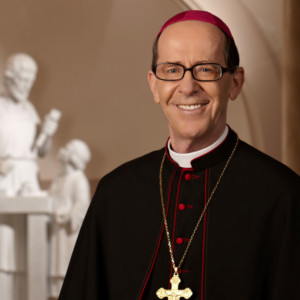
The Most Rev. Thomas J. Olmsted, Bishop of the Roman Catholic Diocese of Phoenix.
We continue to experience the impact of the COVID-19 virus in many ways in our local community. As the number of cases and deaths are increasing with the most recent variant, we must rely on our faith in Jesus and the guidance of the Church to help us navigate these challenging times that have brought pain, confusion, and division. Let us remember always that it is Christ who heals and unites. We rely on His merciful and infinite love.
I want to once again express my gratitude to God for our first responders, medical professionals and public servants who work selflessly during these pandemic times for the common good. May they continue to be protected from the COVID-19 virus, be granted strength in their important work, and used as instruments of healing to those who are most in need. These have proven to be very trying times for those in these noble professions.
In December of 2020 after the release of the first vaccinations, I shared the following guidance: “Due to the serious nature of the pandemic, Catholics should prayerfully consider getting vaccinated and consult their physicians or health care providers for personalized medical information.”
This guidance is given in concurrence with moral and scientific guidance of the Congregation of the Doctrine of Faith, the National Catholic Bioethics Center, and the Charlotte Lozier Institute which indicate that it is morally acceptable for a Catholic to receive certain vaccines. This message is consistent with guidance given by the Holy See and the United States Conference of Catholic Bishops.
As Bishop of a diverse flock with the care of many souls, I continue to encourage the prayerful consideration that each individual must make in regard to receiving the vaccine. For those who have discerned to receive one, they can be assured that they can do so in good conscience. For those who have discerned not to receive one, they too can do so in good conscience. What is primary for us as individuals is to form our conscience through the teachings of the Church. The Catholic Catechism states:
“In all he says and does, man is obliged to follow faithfully what he knows to be just and right. It is by the judgment of his conscience that man perceives and recognizes the prescriptions of the divine law: ‘Conscience is a law of the mind; yet [Christians] would not grant that it is nothing more; . . . [Conscience] is a messenger of him, who, both in nature and in grace, speaks to us behind a veil, and teaches and rules us by his representatives. Conscience is the aboriginal Vicar of Christ.’” (CCC 1778)
There have been many who have asked their pastors to grant them exemptions; however, it is employers who grant exemptions, not pastors. What we as the Church do is assist in forming the conscience and supporting the decision made by a conscience well formed. Employers and other institutions may require vaccination, but we support them reviewing and extending exemptions for personal religious reasons of conscience.
I encourage our priests, deacons and lay leaders to offer pastoral guidance to our people in the formation of conscience, using solid resources like those of the CDF, the NCBC, and the Catechism of the Catholic Church. In addition, please find a resource sheet for assistance attached. I remind our Church leaders that it is not for us to make medical decisions for others but rather to support the right of faithful Catholics to come to a personal decision with the help of a well-formed conscience.
Catholics will differ in their discernment, each considering his or her own conscience. Let us respect and support one another and allow Christ to unite us through His mercy and care.
Let us plead to God for an end to this pandemic and for healing for all those suffering from COVID-19. We pray also for the eternal repose of those who have succumbed to the disease.
Asking Our Lady of Guadalupe and St. Joseph to pray for us, I entrust you all to the merciful love of our Savior Jesus Christ.
+Thomas J. Olmsted
Bishop of Phoenix

